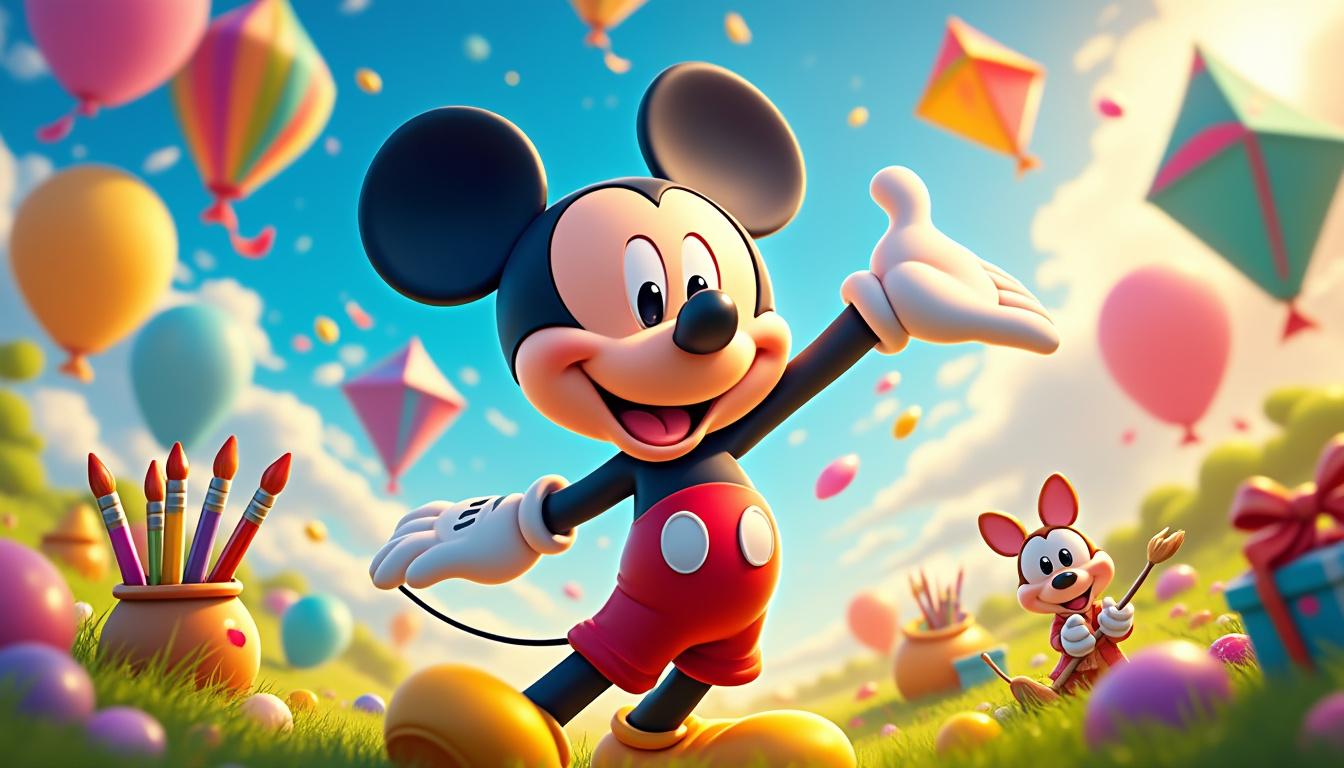ESFJs, often viewed as bond builders, are warm personalities attentive to the well-being of those around them. These individuals excel at creating harmony and unity, but they may experience tensions with certain profiles. INTJs, ENTJs, ISFPs, and INTPs are types with which ESFJs encounter the most mismatches. Understanding these divergences is not about the superiority of one type but rather about facilitating empathy and mutual respect. Familiarizing oneself with these differences paves the way for promising connection strategies, enriching interaction and mutual growth.

ESFJs, often called Ambassadors, are extroverted, sensitive individuals focused on feelings and judgment. They are primarily centered on creating connections and maintaining harmony within their social circles. However, these characteristics can sometimes conflict with certain personality types.
ESFJs tend to clash with INTJs, who are strategic and pragmatic thinkers. For an ESFJ, the approach of INTJs may seem cold and distant, as they focus on long-term planning and place little importance on immediate traditions. This difference in values can pose communication challenges.
ENTJs represent another point of friction with ESFJs. ENTJs are action-oriented and results-driven, often perceived by ESFJs as authoritarian or insensitive. The key is to establish a balance between the efficiency of ENTJs and the need for harmony of ESFJs.
Critiques also emerge between ESFJs and ISFPs. While ESFJs aspire to structure and consistency, ISFPs prefer a more spontaneous life. This creates tensions if the ESFJ feels a lack of reliability from the ISFP.
Finally, INTPs often disagree with ESFJs due to their analytical and detached approaches. For them, the social expectations of ESFJs may seem superfluous. However, with mutual understanding and clear communication, these types can learn to harmonize their differences, thereby creating enriching connections.

ESFJs and INTJs: Understandings and Differences
ESFJs, often referred to as “the Consuls,” are known for their warm approach and dedication to relationships. In contrast, INTJs, nicknamed “the Strategists,” bring a more analytical and long-term focused vision. These two types frequently clash due to their divergent perspectives. INTJs, focused on abstract concepts and future goals, may seem distant and cold to ESFJs who value human connections and traditions. The expectations of ESFJs around social interactions and organization may seem outdated or limiting to INTJs. Nonetheless, harmony is possible if ESFJs incorporate a bit of INTJs’ broader vision while the latter learn to appreciate the strength of interpersonal relationships. An openness to mutual learning can transform apparent differences into complementary interests, thus opening unforeseen paths of collaboration and mutual enrichment.
ESFJ and ENTJ Relationships: Crossed Perspectives
Beyond natural divergences, ESFJs and ENTJs can develop fruitful interactions by learning to navigate their contrasting personalities. The tendency of ENTJs, or Directors, to rush headlong toward effectiveness can leave ESFJs puzzled and sometimes excluded. The latter, who value collective well-being and relationships, may perceive this approach of ENTJs as insensitive. To connect, it is essential that each party takes the time to understand the other’s viewpoint. ESFJs can find comfort through the respect for their need for inclusion and emotional exchange, while ENTJs can benefit from a collaborative environment where their talents for strategy and organization are recognized. By integrating moments of idea-sharing, these two types can become formidable allies in achieving common projects and attaining exceptional results.
ESFJs and ISFPs Interactions: How to Find Balance
ISFPs, or Virtuosos, are characterized by a free spirit and a penchant for personal expression, often contrasting with the organized structure of ESFJs. ESFJs, appreciating routines and established norms to foster harmony, can sometimes feel destabilized by the spontaneity and unconventional approach of ISFPs. Open discussions where each partner expresses their needs and expectations can turn these divergences into opportunities for personal growth. To find common ground, ISFPs should explore the benefits of structured cooperation, while ESFJs can learn to appreciate the simplicity and beauty of living in the moment. By acknowledging each other’s authenticity and celebrating differences, these two types can discover unexpected ways to complement each other, facilitating fulfilling partnerships.

FAQ
Q: What personality types do ESFJs conflict with the most?
A: ESFJs tend to have conflicts with the following personality types: INTJ, ENTJ, ISFP, and INTP. These conflicts are not based on misunderstandings but rather on differences in thought, priorities, and communication styles.
A: ESFJs are focused on current relationships and harmony, while INTJs are more oriented toward abstract concepts and long-term goals, which may seem distant or cold to ESFJs.
A: To better connect, ESFJs should try to understand the intensity of ENTJs as a passion rather than insensitivity. ENTJs should make an effort to check in with ESFJs, even briefly, to foster a harmonious connection.
A: Tensions between ESFJs and ISFPs may arise because ESFJs seek routines and clear expectations, while ISFPs prefer flexibility and do not like to be constrained by strict schedules or social norms.
A: ESFJs tend to communicate through shared relationships and experiences, while INTPs prefer discussing logic and theories. This difference can create a gap if one does not understand the other’s perspective.












